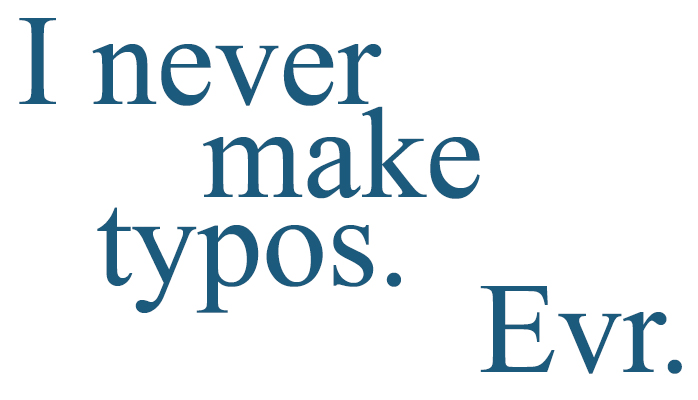 How important is good writing? After all, this is the Internet age where everything is fast, fast, fast—who cares whether or not U R a gr8 writer, right?
How important is good writing? After all, this is the Internet age where everything is fast, fast, fast—who cares whether or not U R a gr8 writer, right?
I’ll tell you who. Your customers. The folks who pay your bills. They want to understand you and they want to understand your products and services. And they want you to have credibility. But they get none of that if your website content is riddled with errors.
Yes, this is the Online Age. But think about it. How do we accomplish most of our communications? Through the written word!
Interesting story out of the U.K. recently. Seems a fellow by the name of Charles Duncombe was just as frustrated as I am about the quality of online—or any—writing. Unlike me, however, he took the time to actually measure the impact of poor writing on revenue.
Duncombe conducted some pretty basic research. He took an online product page containing errors, measured the revenue, corrected the typos and measured it again. So, what happened? Revenue doubled after the errors were corrected. Doubled!
Now, even if his methodology was suspect—and there’s no reason to believe it is—you have to ask yourself: are typos and murky writing worth the potential loss of revenue or customer loyalty? Of course not.
So, how do you avoid letting these little creatures creep into your prose? Well, you can always hire a writer or editor, of course (Pick me! Pick me!), but that’s not always practical. Here are a few ideas:
- Bring in a second set of eyes. While professional eyes are preferred, they don’t have to belong to a professional. Give it to someone in your office—or your spouse, if you work from home. They may not catch everything, but if we can eliminate just one typo. . .
- Let it sit for a day. Then, YOU bring a fresh set of eyes to the party.
- Read it backwards. This is a great proofreading trick. It forces you to look at every word.
If you have any other editing, proofreading or writing tips and tricks, I’d love to hear about them. Drop me a line!
